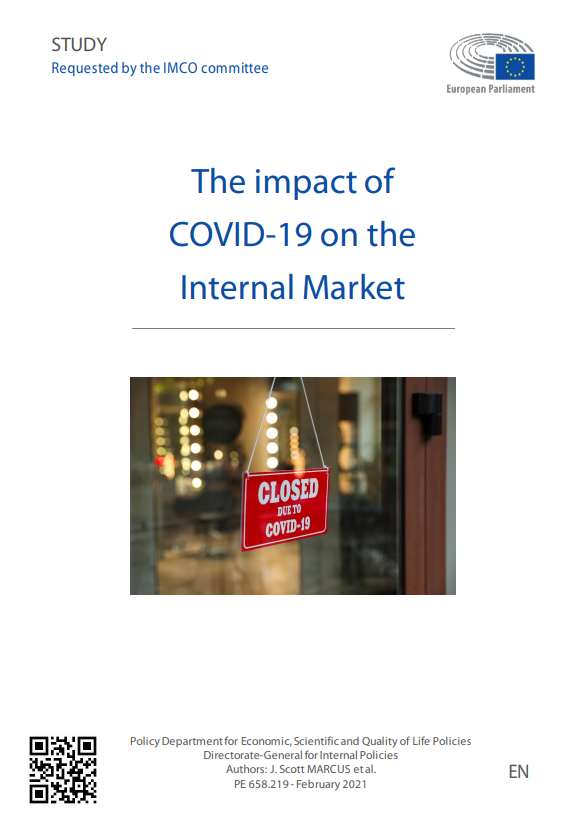Scholars

J. Scott Marcus
Senior Fellow
Expertise: Digital agenda, telecommunications, innovation Twitter: @JScottMARCUS
J. Scott Marcus is a Senior Fellow at Bruegel, a Brussels-based economics think tank, and also works as an independent consultant dealing with policy and regulatory policy regarding electronic communications. His work is interdisciplinary and entails economics, political science / public administration, policy analysis, and engineering.
From 2005 to 2015, he served as a Director for WIK-Consult GmbH (the consulting arm of the WIK, a German research institute in regulatory economics for network industries). From 2001 to 2005, he served as Senior Advisor for Internet Technology for the United States Federal Communications Commission (FCC), as a peer to the Chief Economist and Chief Technologist. In 2004, the FCC seconded Mr. Marcus to the European Commission (to what was then DG INFSO) under a grant from the German Marshall Fund of the United States. Prior to working for the FCC, he was the Chief Technology Officer (CTO) of Genuity, Inc. (GTE Internetworking), one of the world's largest backbone internet service providers.
Mr. Marcus is a member of the Scientific Committee of the Communications and Media program at the Florence School of Regulation (FSR), a unit of the European University Institute (EUI). He is also a Fellow of GLOCOM (the Center for Global Communications, a research institute of the International University of Japan). He is a Senior Member of the IEEE; has served as co-editor for public policy and regulation for IEEE Communications Magazine; served on the Meetings and Conference Board of the IEEE Communications Society from 2001 through 2005; and was Vice Chair and then Acting Chair of IEEE CNOM. He served on the board of the American Registry of Internet Numbers (ARIN) from 2000 to 2002.
Marcus is the author of numerous papers, a book on data network design. He either led or served as first author for numerous studies for the European Parliament, the European Commission, and national governments and regulatory authorities around the world.
Marcus holds a B.A. in Political Science (Public Administration) from the City College of New York (CCNY), and an M.S. from the School of Engineering, Columbia University.
Declaration of interests 2021-2022









